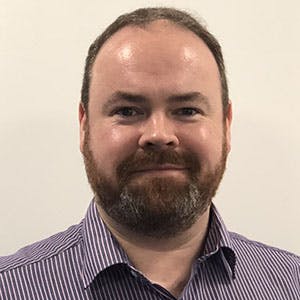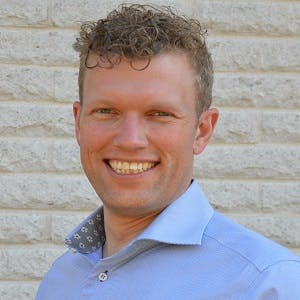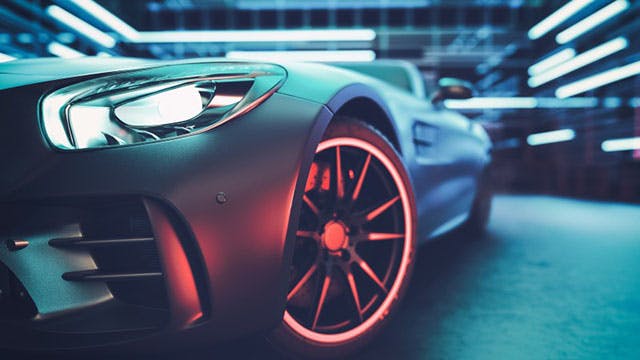New vehicles add increasingly complex and highly integrated features, requiring electronic control units (ECUs) with significantly increased processing power. The race to offer competitive feature sets on these highly connected E/E architectures is ramping up the stress on an often already compressed development cycle. In the last few years, more and more original equipment manufacturers (OEMs) have looked to reverse the historical trends for outsourcing ECU development to Tier 1 suppliers in areas containing intellectual property (IP) important to their brands and where new technologies need to be understood.
In this on-demand webinar, two seasoned experts: Mathias Fritzson, Product Manager for Capital VSTAR, and Brendan Morris, Senior Technical Marketing Engineer, will explore this trend, the evolving roles of Tier 1 suppliers, and OEMs, and present supportive solutions. Register to watch now!
Reduce the risk of errors with automotive embedded software
Automakers face the challenge of increasing complexity in-vehicle systems with continuous pressure on cost and timing. Automotive embedded software has many protocols and standards requirements, making collaboration critical for OEMs when building future systems. Developers need to have an efficient, automated workflow that removes repetitive tasks, eliminates manual errors, and gives additional tool assistance when required to collaborate engineering activities. Siemens provides embedded software solutions that put the developer first and are usable in the whole vehicle with the necessary properties for the features of today and tomorrow. It is generative automated, provides an ease-of-use, and allows the reuse of the applicable parts of the design to support engineers in getting it right the first time.
Streamline ECU software development by using E/E systems
Software is fast becoming the dominant part of the vehicle value. OEMs need to ensure that the system is according to the features described at the higher level. Collaborating on IP protection is necessary for the insourcing trend of combining the OEM's IP and supplier and partner IP. The OEM's value is the developers, and the environment for them to operate in needs to be attractive, and they need to retain all of their skills. Future personal transportation needs will require a different set of configuration abilities like service-oriented architectures because functions will travel over ECUs and possibly to the cloud over a vehicle's lifetime and future variants. Streamline ECU software development starts with systems development on the digital thread, with most innovation happening in the E/E systems, ensuring that the functions' definition and allocations are coherent.
Watch the on-demand webinar to discover why in-vehicle embedded software development is increasingly displacing mechanical engineering as the differentiator in creating automotive brand experiences.
Break down silos and enhance collaboration by insourcing ECU development
À propos des intervenants

Brendan Morris
Senior Technical Marketing Engineer
Brendan spent his early career working in Tier 1 suppliers into the Automotive Industry, focusing primarily on software development in powertrain electronics, however spending some time working in a diverse range of technologies for on and off highway vehicles. He spent the next 10yrs working for several vehicle OEM's at all stages of vehicle development programs. Several of these years leading research projects at Jaguar Land Rover introducing new network technologies into their latest and future E/E Architectures, also represented the company in AUTOSAR WP-A2 Com Work Package. He has also lead several aspects of development and launch of low volume vehicles, including E/E Architecture, and start-up vehicle OEM's as diverse as McLaren Automotive and Rivian.

Mathias Fritzson
Product Manager
Mathias has spent nearly 20 years of his career in embedded development and design of software and multiplexed communication for the automotive industry. His interest in automotive systems and technical curiosity has resulted in key assignments scaling from software engineering on large-scale ECU production programs to research programs in functional safety, base technology development, standardization, and verification on bus technology. Mathias has spent the last decade on AUTOSAR, advocating for the use of the standard while conducting product development and making customers successful. Currently, he is the product manager for Capital VSTAR products. Mathias oversees product development and marketing activities.
